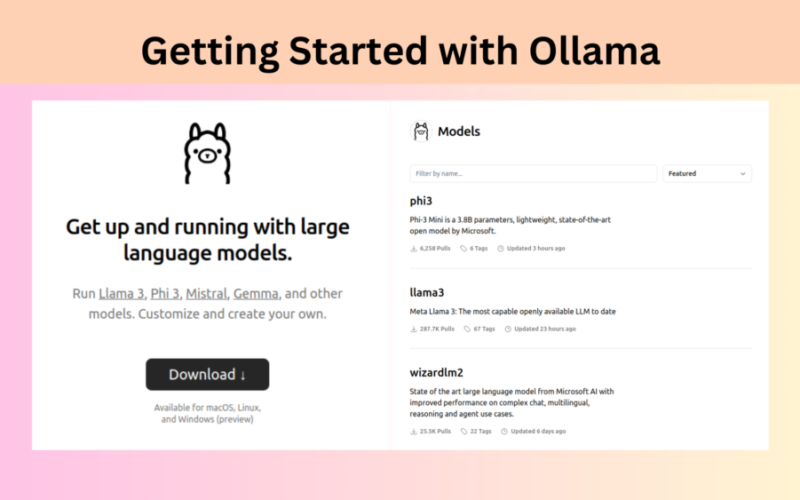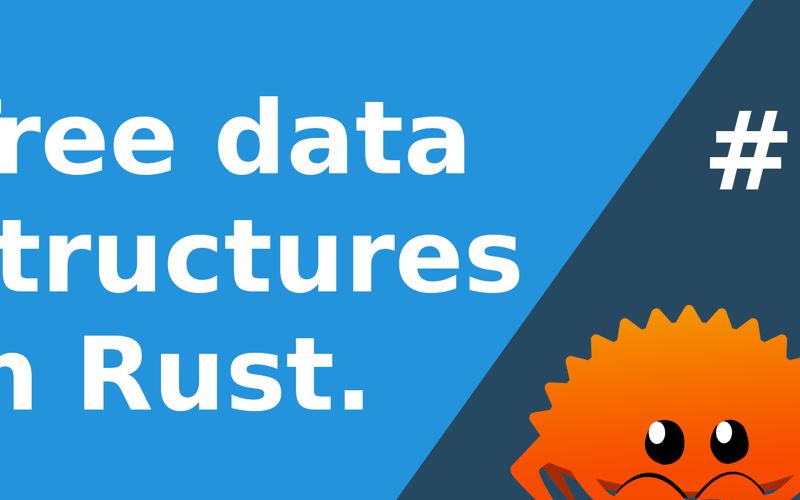03
Jul
This is the first post in a series about my urges to figure out the dark magics of the computer world. You see, I recently have had some free time on my hands, and I decided to spend it to scratch some itches I've had for as long as I can code (writing an OS in Rust, for instance). As I dove deeper into the dark magics, I discovered the truth about things I never really liked to assume are true (but did it anyways, for the sake of sanity, at the time). I don't care anymore about sanity. Let's…





